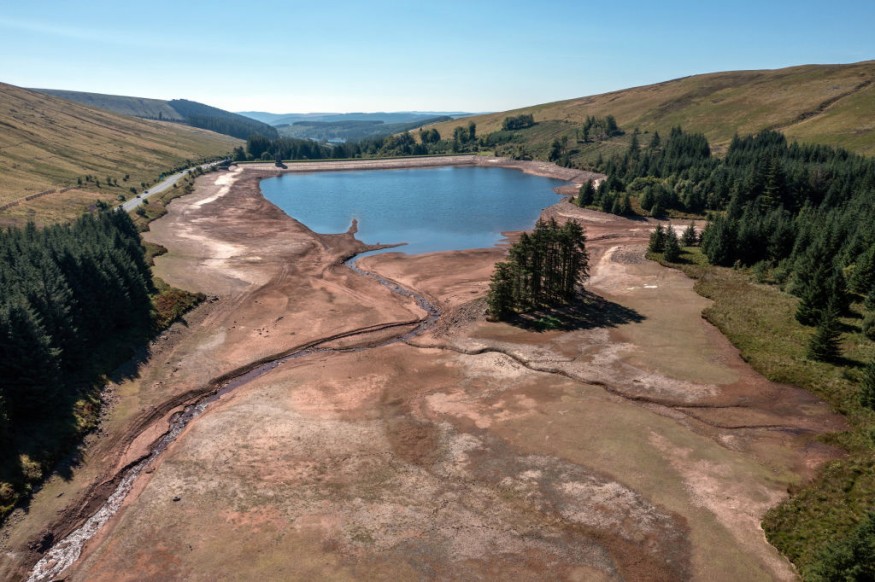2022 is set to be the UK's hottest year on record since relative warm temperatures were very high that it was not seen in prior recordings.
The UK's weather authorities warned that climate change is driving this warming trend.
UK's Hottest Year

UK's hottest year will be 2022 since above-average temperatures have been recorded throughout the year, according to UK weather authorities.
The soaring temperatures are in addition to the extreme heat wave during the summer months, causing record-breaking hot weather, lack of rainfall, and wildfires across Europe, which saw multiple deaths in several countries, including in Spain and Portugal.
This year alone, the highest annual average temperature across the UK broke the previous all-time high record in 2014 when the average temperature was 9.88 degrees Celsius (49.78 degrees Fahrenheit), according to a statement by Met Office, the UK's meteorological authority, as cited by Phys.org.
In line with this statement, British experts on Wednesday, December 28, stated 2022 is set to be the UK's warmest year due to the occurrence of several heat waves and minimal rainfall.
This comes as communities worldwide experienced extreme weather this year, including the scorching temperatures and drought across Europe where crops died and forest fires ravaged large portions of lands.
Annual Mean Temperature
2022 is going to be UK's warmest year on record and while many people will remember the summer's extreme heat, what has been significant this year was the relatively consistent heat, according to Dr. Mark McCarthy, head of the UK weather agency's National Climate Information Centre.
In a news release on Wednesday, the Met Office said all four seasons this year have fallen in the top ten as part of a series that started in 1884 and the 10 warmest years which occurred since 2003.
In addition, for reaching a new 139-year annual mean temperature record, 2022 will also be remembered for other significant weather events:
- exceptional warm weather during the start of the New Year
- the passage of violent storms like Dudley, Eunice, and Franklin in February
- dry conditions during the first half of the year
- record-breaking temperature in Coningsby in July
- cold spell earlier this December
Climate Change
Dr. McCarthy emphasized the warm year is connected with the genuine impacts we expect as a result of anthropogenic or human-induced climate change.
Although it does not entail every year will experience the warmest on record, the climate crisis continues to increase the changes of intensifying warm years in the coming decades, the Met Office official adds.
As mentioned earlier, Coningsby in Lincolnshire received a new record of 40.3 degrees Celsius on July 19 this year, while an official drought was declared by authorities in large parts of England in August when low water levels and dry conditions gripped the UK, according to the BBC.
While extreme weather events have occurred in different parts of the world in recent years, the unprecedented heat in the UK has shattered long-held records.
These events only confirm the warnings by scientists that climate change will further increase the frequency and intensity of extreme weather events in the future.
© 2025 NatureWorldNews.com All rights reserved. Do not reproduce without permission.





